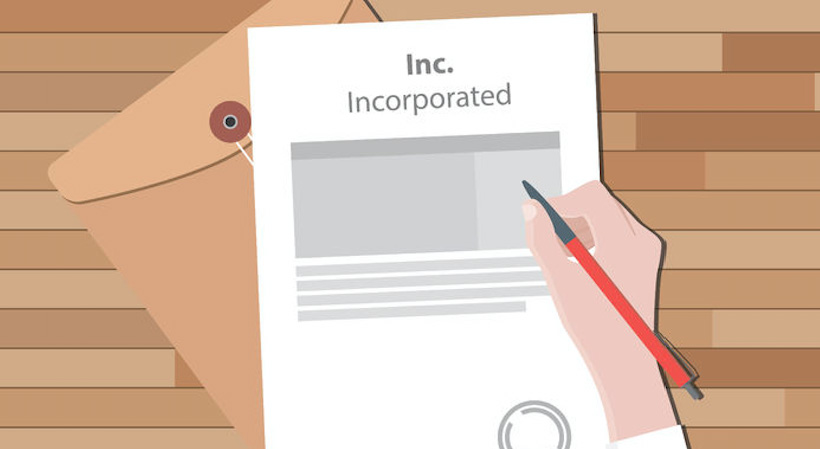For nearly 20 years, our company has helped entrepreneurs and small business owners to incorporate or form LLCs for their businesses. Since this is something we specialize in, we have grown accustomed to spreading the word about the benefits that come with incorporation.
One of the biggest benefits to incorporating your business is personal asset protection. Once incorporated, the business is its own separate legal entity. This means that you will not be held personally responsible for any unforeseen circumstances that may impact the company. Additional perks include the ability to save money on taxes, establish credibility with consumers, and a bit of flexibility in running the overall business.
However, a legal entity is not a magic wand. You cannot wave it once (through filing and registration) and expect everything to run smoothly for your business thereafter. Is it possible that your personal assets could be at a disadvantage, even if your business has been incorporated? The short answer is yes. Here’s a look at a few common scenarios in which your personal assets could be at risk within your incorporated business.
Related: When Should You Incorporate Your Business?
Yes: If you don’t observe corporate formalities
When a business fails to observe its corporate formalities, this term is referred to as “piercing the corporate veil.” In a situation like this, the courts set liability protection to the side to hold the corporation’s shareholders or directors personally liable for the actions of their business. These actions may be illegal or display serious misconduct.
Let’s use the example of a business in debt. This business may have debt, but it still fulfills all of its formalities, such as maintaining corporate records and filing an annual report. As such, creditors would not be able to pierce its corporate veil. Creditors, however, would be able to pierce the veil of a business created for fraudulent reasons that seeks to escape its liability.
We cannot offer legal advice, so it’s recommended that you meet with a legal professional. A professional will help you outline which formalities your entity must observe. These may vary depending on your legal structure, as will the law for constitutes for veil piercing from state to state.
Yes: If you don’t record minutes
If you have incorporated as a corporation, you are required to organize and document board or shareholder meetings. The organization method is taking minutes. Minutes include the basic information about the meeting, such as its date, time, place, members in attendance, and agenda items covered throughout the event. These are considered official documents, and may be referred back to later on.
In some cases, particularly with smaller, family-owned businesses, less than meticulous minutes are not considered to be grounds for a total lack of corporate formality observation. They may still take the minutes, but lack the resources to be as thorough as possible. This may result in slightly spotty minutes, but they have been taken, regardless. Corporations with large staffs, shareholders, and resources must take minutes for business meetings. Otherwise, it is considered to be neglect and their personal assets may not be protected.
Related: Incorporate Your Business Through StartupNation
Yes: If you don’t maintain separate personal and business finances
Imagine that you incorporated your business, but did not get a business bank account. All of your earnings and operations, from writing checks to deposits, is being conducted through your personal accounts. A lack of distinctness between funds can impact your corporate liability limitation. The best thing to do, regardless of entity type? Open a bank account for your business to separate your earnings from day one. This helps keep confusion, and potential penalties, at bay.
This factor is somewhat similar to number two listed above but instead of the intertwinement being with other companies, this is an intertwinement with the owners or shareholders of the company. The factual circumstances of when this may arise are where the owners create a corporation or LLC but continue to operate out of individual checking accounts, and use the company’s assets as if they were individual assets.
Again, it’s vital to ensure distinctness among the company and the owners. Owners, shareholders and officers should avoid commingling funds and must treat business assets separately from personal assets.
Yes: If you do something illegal
Think fraud or misconduct, among other illegal types of behavior. Any and all illegal actions could severely impact your professional and personal assets, so take care to be mindful in all that you do.
Sign Up: Receive the StartupNation newsletter!
No: If you take care to stay in compliance and follow formalities
The one and only way your personal assets may not be at risk with an incorporated business is by simply following your entity’s formalities. As long as you observe these formalities and do whatever is necessary to stay in compliance, you can relax. Your personal assets will be fine.






